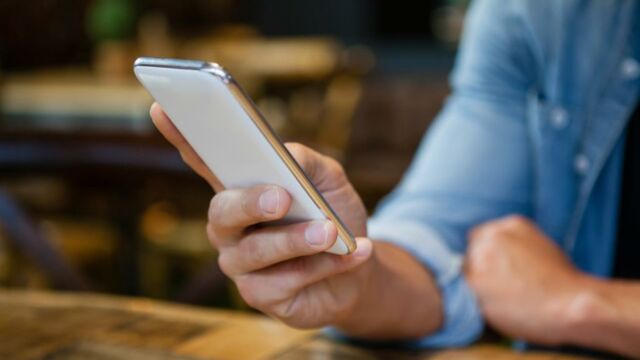Coronavirus spores could live on your smartphone for a dangerous amount of time

Covid-19 still holds some surprises in store for scientists. A study has just shown that the virus could survive on your smartphone for several days.
According to a study by Australia's national scientific agency (CSIRO), the coronavirus is still very dangerous when in contact with certain surfaces. In fact, SARS-CoV-2 is ‘extremely resistant’ at temperatures above 20 degrees Celsius, and continues to contaminate via smartphone screens and banknotes.
Discover our latest podcast
Coronavirus more resistant than expected
Australian researchers found that COVID-19 can survive for up to 28 days in cool, dark environments. Thus, banknotes and smartphones are ideal places for the virus. Scientists came to this conclusion after conducting tests. They placed the virus in a 20-degree environment and observed that its lifespan increased considerably. Conversely, COVID-19 becomes less resistant as soon as temperatures rise. At 30 degrees its lifespan is 7 days, at 40 degrees and above, the virus only lasts for one day on surfaces.
More under this adMore under this adA higher risk in case of contact?
If an infected person touches these materials, and you then lick your hands or touch your eyes or nose, you could become infected more than two weeks after the items were contaminated.
Explains Trevor Drew, Director of the Australian Centre for Disease Prevention. The tests in the study were carried out with fixed samples of the virus, that is to say, those from the peak of the infection with strong virology, and a humidity level maintained at 50% throughout the study. It has been proven that humidity is harmful to the virus.
More under this adMore under this adAre contaminated people less contagious than surfaces?
According to Trevor Drew 'contaminated people are much more contagious than surfaces.' This study could explain why the pandemic continues to spread around the world:
This may help to explain why, even when there are no more contagious people, sometimes (the epidemic) comes back even if the country is considered virus-free.More under this adMore under this ad
The coronavirus is a virus that is mainly spread through the air but can be transmitted via smartphones, banknotes, or even a glass of water. As a reminder, social distancing must continue to be enforced.
Check out the video above for more information.